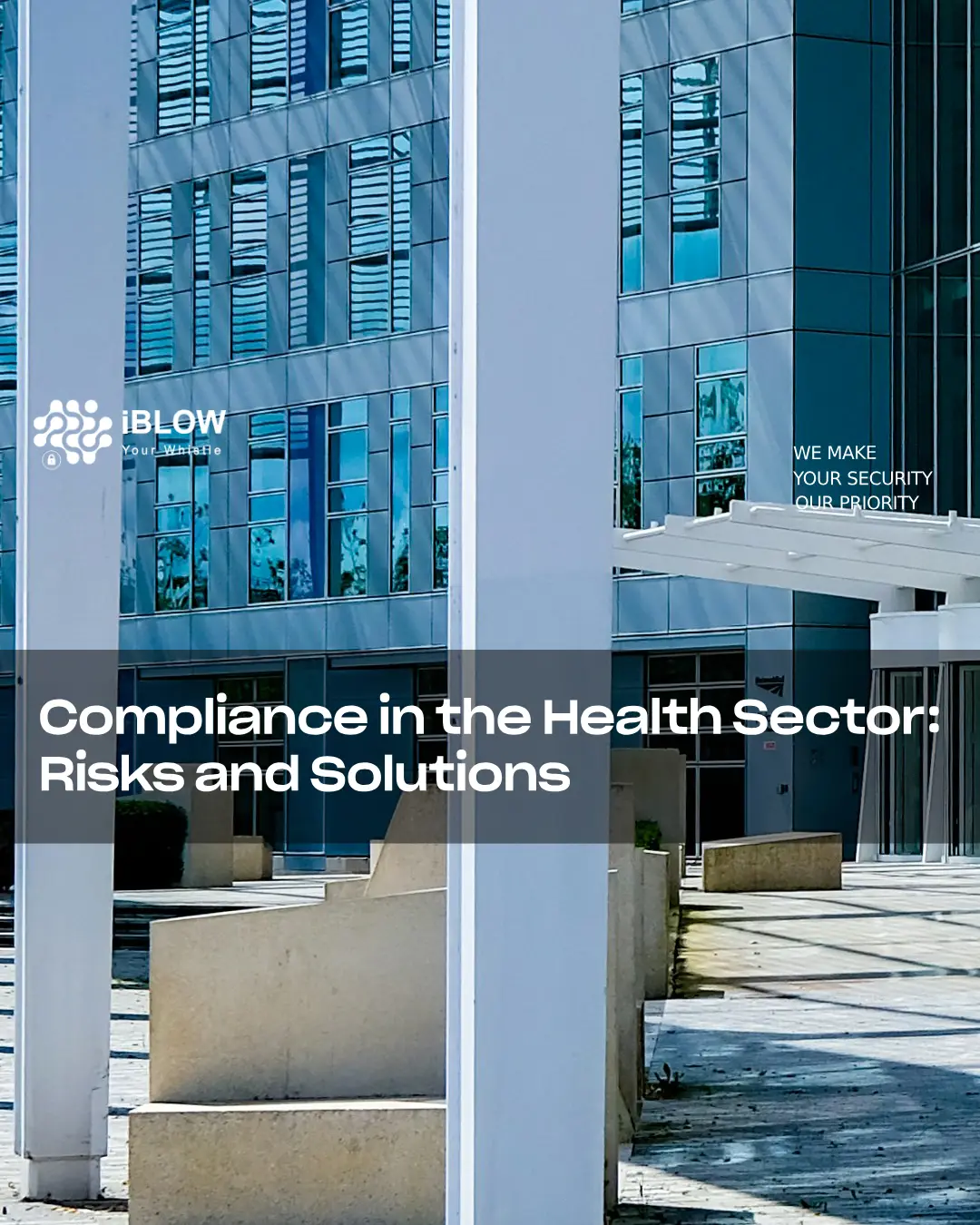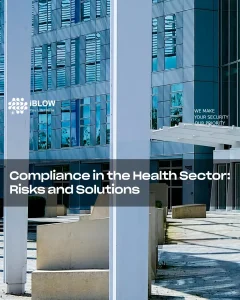The healthcare sector is one of the most regulated in the world. Hospitals, clinics, laboratories and long-term care facilities face a complex regulatory framework that demands absolute rigour in managing legal and ethical risks. In this article, we explore the main challenges of compliance in the health sector, the consequences of non-compliance and effective solutions to ensure compliance and protect the reputation of institutions.
What is Compliance in the Health Sector?
Compliance refers to the set of policies, procedures and good practices adopted to ensure that an organisation complies with the laws, regulations and standards applicable to its sector of activity. In the health sector, this includes:
-
Health regulations and licensing (e.g. ERS, DGS)
-
Data protection law (GDPR)
-
Clinical trials and research regulations
-
Ethics in the doctor-patient relationship
-
Transparency in invoicing and contracts with suppliers
Main risks of non-compliance
Non-compliance with standards can have severe consequences for healthcare organisations, including:
1. Legal penalties and fines
Hospitals can be fined for failing to manage clinical data or for not guaranteeing patients’ informed consent.
2. Loss of accreditations and licences
Non-compliance with Directorate-General for Health standards can lead to the suspension of the operating licence.
3. Reputational damage
Cases of clinical misconduct or corruption affect public trust and drive patients away.
4. Lawsuits for negligence or breach of privacy
The absence of security protocols can lead to legal action for breach of confidentiality or medical error.
Critical areas requiring attention
✅ Clinical data privacy management
With the GDPR in force, institutions need to guarantee:
-
Informed consent for recording and sharing data
-
Secure storage of electronic records
-
Ongoing training for clinical teams on confidentiality
✅ Ethics in prescribing and supplier relations
There must be a clear separation between clinical decisions and commercial interests, with registration and transparency in partnerships with laboratories or pharmaceutical companies.
✅ Registration and traceability of clinical acts
The use of electronic platforms should enable reliable and accessible records for audits and monitoring of clinical history.
✅ Internal complaints channel
A secure and anonymous channel for internal complaints makes it possible to identify and correct faults before they become public.
Good practices and solutions to ensure compliance
🔍 Continuous team training
Education in ethics, health legislation and data protection should be recurrent. Quarterly sessions with real-life examples increase effectiveness.
🔐 Investment in technology
Electronic systems for clinical records, document management and data encryption reduce human error and increase security.
📄 Specific compliance manual
Each institution should have a code of conduct, action protocols and a risk matrix adapted to its reality.
📢 Clear internal communication
Creating a culture of integrity depends on transparency in leadership and valuing ethical behaviour.
Real cases: when compliance fails
A private hospital in Portugal was recently fined more than €50,000 for sharing clinical data with insurance companies without patients’ consent. The case became public, generating a loss of trust and a decrease in the number of users.
This example demonstrates how compliance failures are not just bureaucratic – they have a real impact on the organisation’s results.
Benefits of an effective compliance programme
-
Reduction of legal and financial risks
-
Increased trust with users and professionals
-
Competitive advantage in the face of audits and accreditations
-
Greater attractiveness for investors and public-private partnerships
Conclusion
Compliance in the healthcare sector is not just a legal requirement – it’s a commitment to safety, ethics and transparency. Investing in a robust compliance programme means protecting patients, professionals and the sustainability of institutions.
implement a secure whistleblowing channel, as required by the European Whistleblower Protection Directive.
👉 Find out more and book a free demo
👉 Be part of the conversation that’s shaping the future of work! Book a meeting!
See other articles that may be of interest to you.
We hope you enjoyed this article.
Thank you!
Constantino Ferreira
iBlow.eu
![]() Liked? Subscribe to receive future articles
Liked? Subscribe to receive future articles


